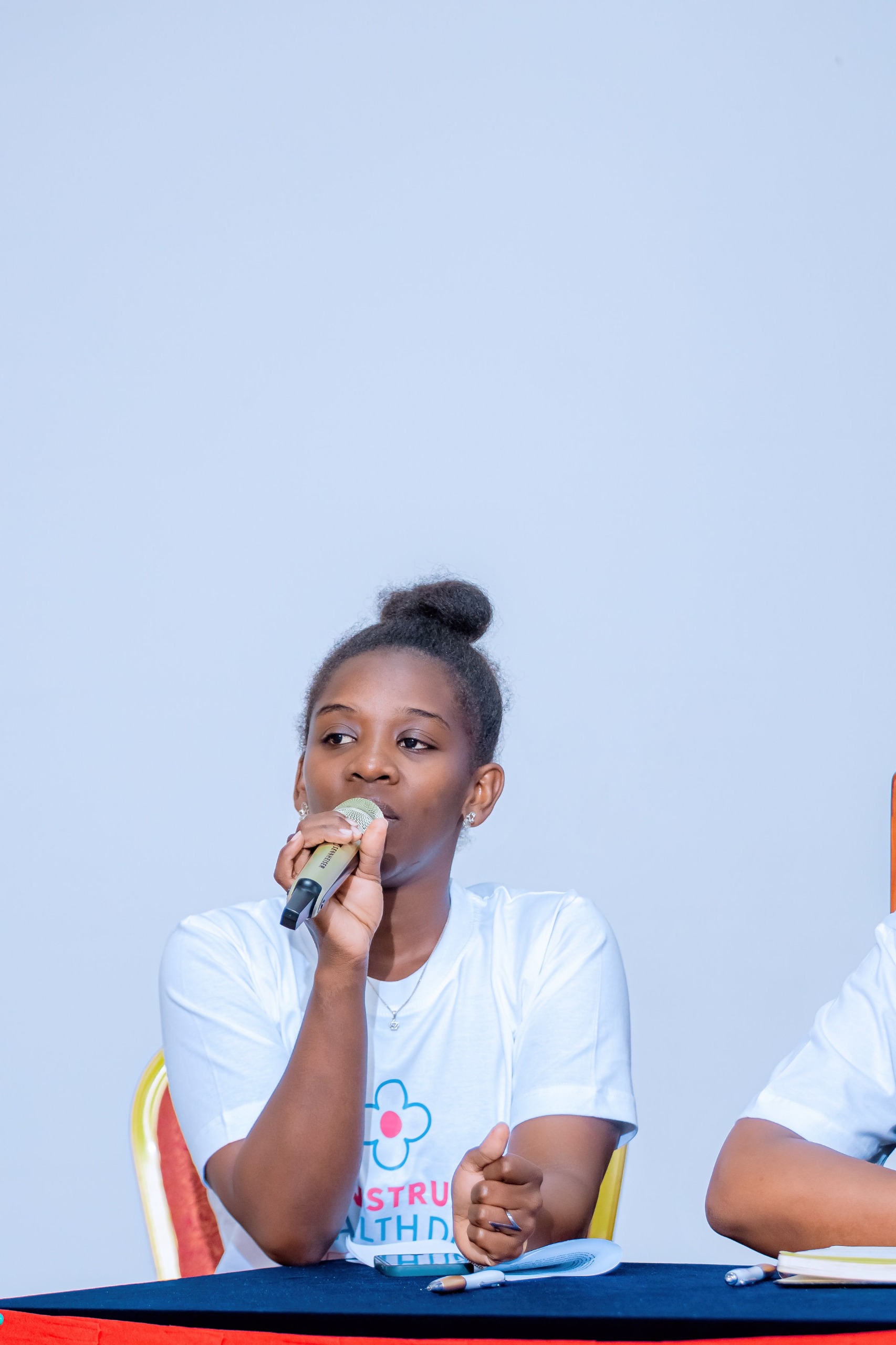Igihozo Yassina, in charge of reproductive health and gender equality at the Network of Non-Governmental Organizations, recently pointed out that one cannot claim that the goal of education for all has been achieved in Rwanda as long as there are still girls from low-income families who miss several days of school each month due to lack of sanitary pads during their menstruation, while their brothers attend school every day.
This statement was made during the celebration of the annual International Day for Proper Hygiene for Women and Girls during Menstruation, which recently took place in Kigali at the national level.
Igihozo Yassina noted that although sanitary pads have been exempted from tax to reduce their prices so that even low-income women and girls can afford them, this has not been achieved as the pads are still expensive, contributing to the educational setbacks of girls who miss school for five days every month during their menstruation. She called on the government to find another solution to this problem.
She stated, “We cannot talk about gender equality, we cannot talk about education for all, we cannot talk about equality between men and women in Rwandan society when a boy can attend school all 30 days of the month, but a girl has five days that she might miss because when they take exams, they will not do different ones, and that girl will not be excused for what she missed in those five days.”
During the event, Jennifer Mujuni, representing the Empower Rwanda organization that focuses on the health of women and girls, mentioned that although schools have set up girls’ rooms with sanitary pads so that a student who starts menstruating while at school can use them, in many places these rooms are no longer stocked due to the high cost of the pads. She also called for the collaboration of institutions in restocking these rooms.
The celebration of this day was preceded by a campaign organized by non-governmental organizations to raise awareness about basic information on caring for the health of women and girls during menstruation. These organizations also distribute free sanitary pads to those in need in Gasabo District.
Ariane Uwase, one of the recipients of the sanitary pads, said that providing free pads to needy individuals should be a permanent initiative because some still use traditional methods like cloths, which often cause infections they cannot afford to treat.
In previous similar campaigns, Julian Kayibanda, an advocate for the proper care of women and girls during menstruation, emphasized that the government should make it easier to access sanitary pads just as it is easy to get condoms. She noted that girls from low-income families are often set back in their studies or even drop out of school due to the lack of sanitary supplies.
She stated, “If you look at how we promote other health-related items like condoms, you see containers dispensing condoms on the streets, and you find condoms in every hotel you enter. Why aren’t there sanitary pads in the restrooms, or why aren’t they available everywhere, even on the streets, so people can get them when needed?”
“Because it’s not like someone needs a condom more than they need a sanitary pad. Someone menstruates every month. Why can’t I find a container with sanitary pads on the street when I need them? Even if they cost 100 Rwf each, I could buy one and go.”
The high cost of sanitary pads and their impact on the education of girls from low-income families is not only a problem in Rwanda. According to May 2022 data from the World Bank, 300 million women menstruate every day. However, what is concerning is that 500 million of them cannot afford sanitary pads.
Research shows that in sub-Saharan Africa, one in ten girls misses school during menstruation, which can lead to losing 20% of the lessons they are supposed to learn in a year. Some even choose to drop out of school entirely for this reason.



